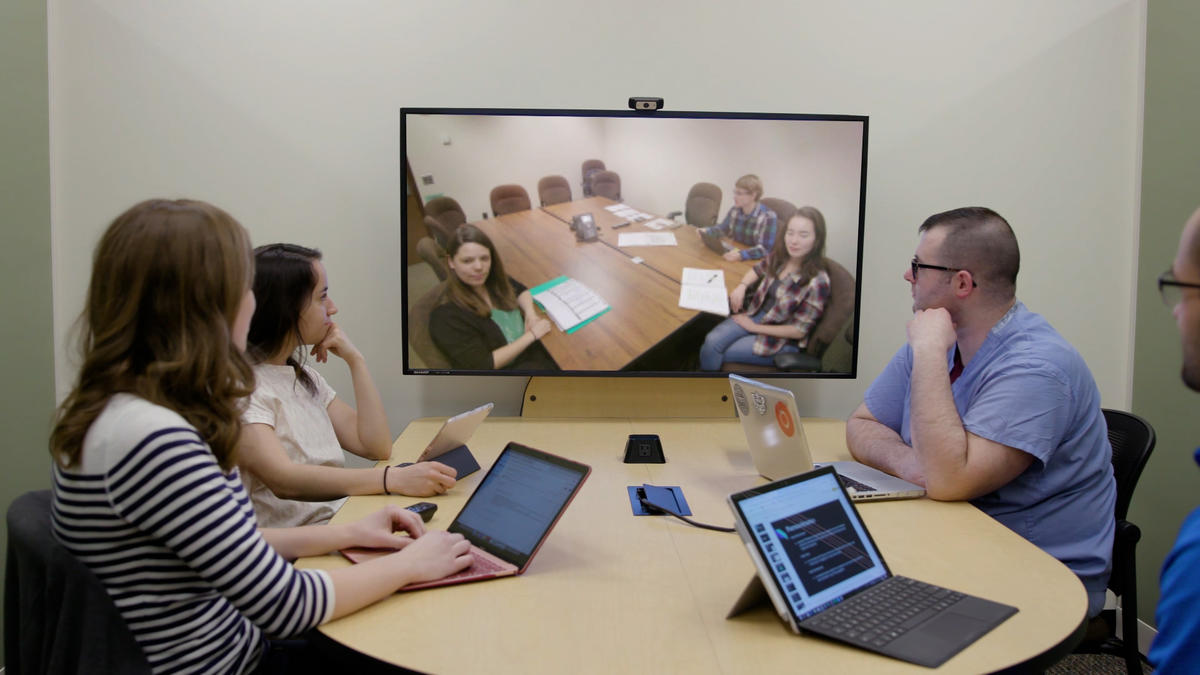
Elective Courses in the PharmD Curriculum - Many Pathways!
The PharmD student experience is very adaptable. All students need to complete a minimum number of elective (5000-level or higher) credits before they can start their 4th year APPE experiences. Students in the CI-1 curriculum (Class of 2026 and prior) need 15 credits, and students in the MNspire curriculum (Class of 2027 and after) need 8 credits. This page introduces you to the basics of taking electives as a PharmD student. Jump directly to a list of all College of Pharmacy electives. For more info on courses offered outside the college, please see the Elective Approval Form. We strongly suggest you rely on your adviser in the Office of Student Services as a valuable resource.
Elective courses at the College of Pharmacy take many forms – students can choose more intensive and sequential elective paths, they can pick and choose ‘a la carte’ style, or something in-between! At the College of Pharmacy, we call all of these Career Interest Pathways. Here are some basic terms to familiarize yourself with – and more info can be found in the Curriculum menu links on the top menu of this page.
Emphasis Area: These are more intensive experiences that are noted on your final transcript, and award you 16 elective credits altogether. The College currently offers the Research Emphasis Area and the Leadership Emphasis Area.
Interprofessional Tracks: The College currently offers the IPE Scholars Program and the Mental Health Focus Area. These experiences do not encompass as many courses and credits as the Emphasis Areas, but they do require an application and they are capped off with a clinical experience in the 4th year of the program.
Directed Study: Under the direction of a faculty member, students may earn Directed Study credit for special projects. These can apply towards your 15 elective credits.
Specific Interests: If students want something just a bit more structured than an ‘a la carte’ experience, the College offers courses that cater to specific interests in pharmacy practice. Please talk to your adviser if you would like to explore a particular area of interest. Here are some examples of the many possibilities out there:
- Industry
- Phar 6233 - Drug Use Review & Management
- Phar 6236 - Clinical and Pharmacy Management in Modern U.S. Health Care and Regulatory Landscape
- MILI 6235 - Pharmaceutical Industry: Business and Policy
- SAPh 8235 - Pharmaceutical Economics and Policy
- Practice Management
- Phar 6219 - Building a Pharmaceutical Practice
- Phar 6232 - Health System Pharmacy Management
- Phar 6233 - Drug Use Review & Management
- Phar 6236 - Clinical and Pharmacy Management in Modern U.S. Health Care and Regulatory Landscape